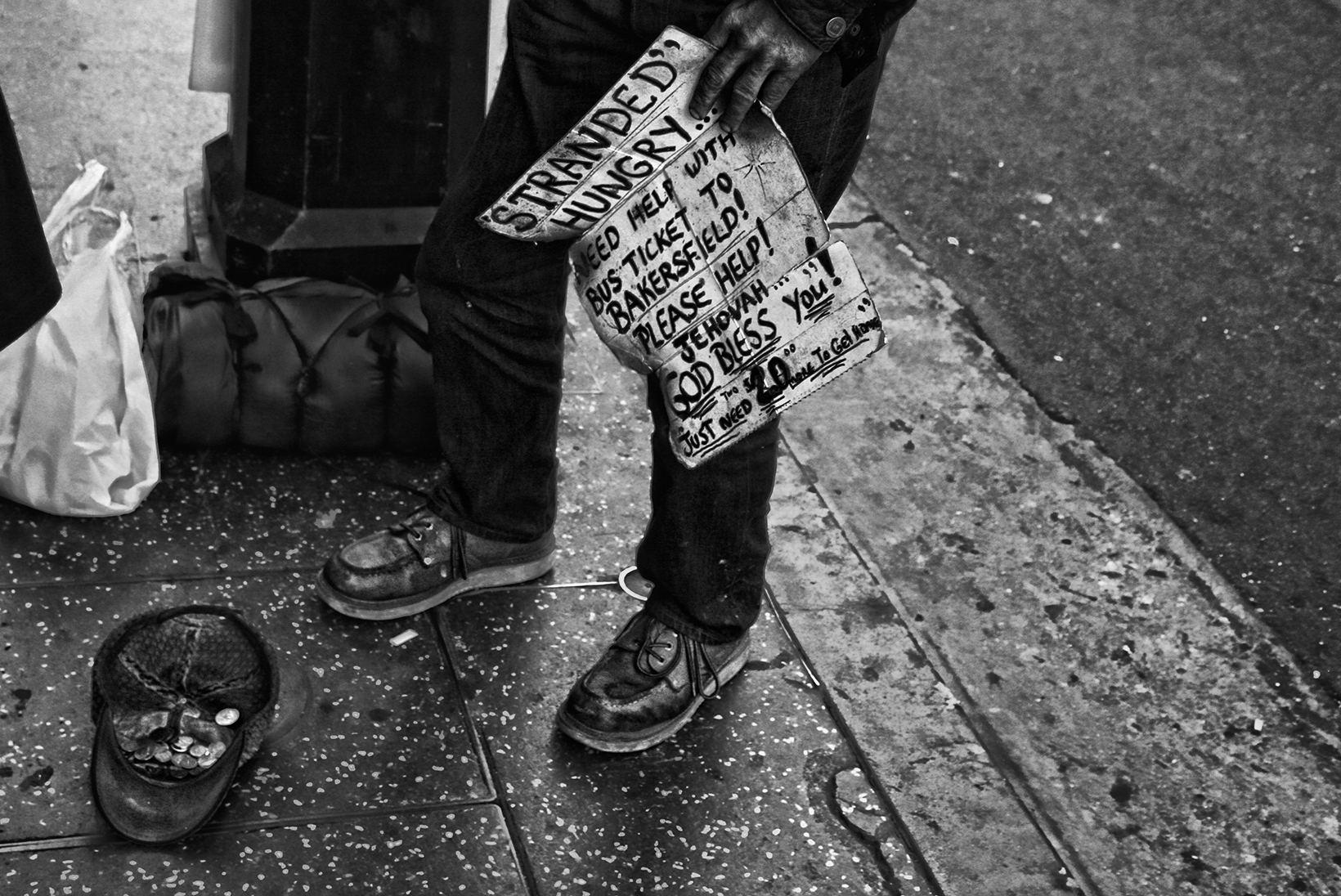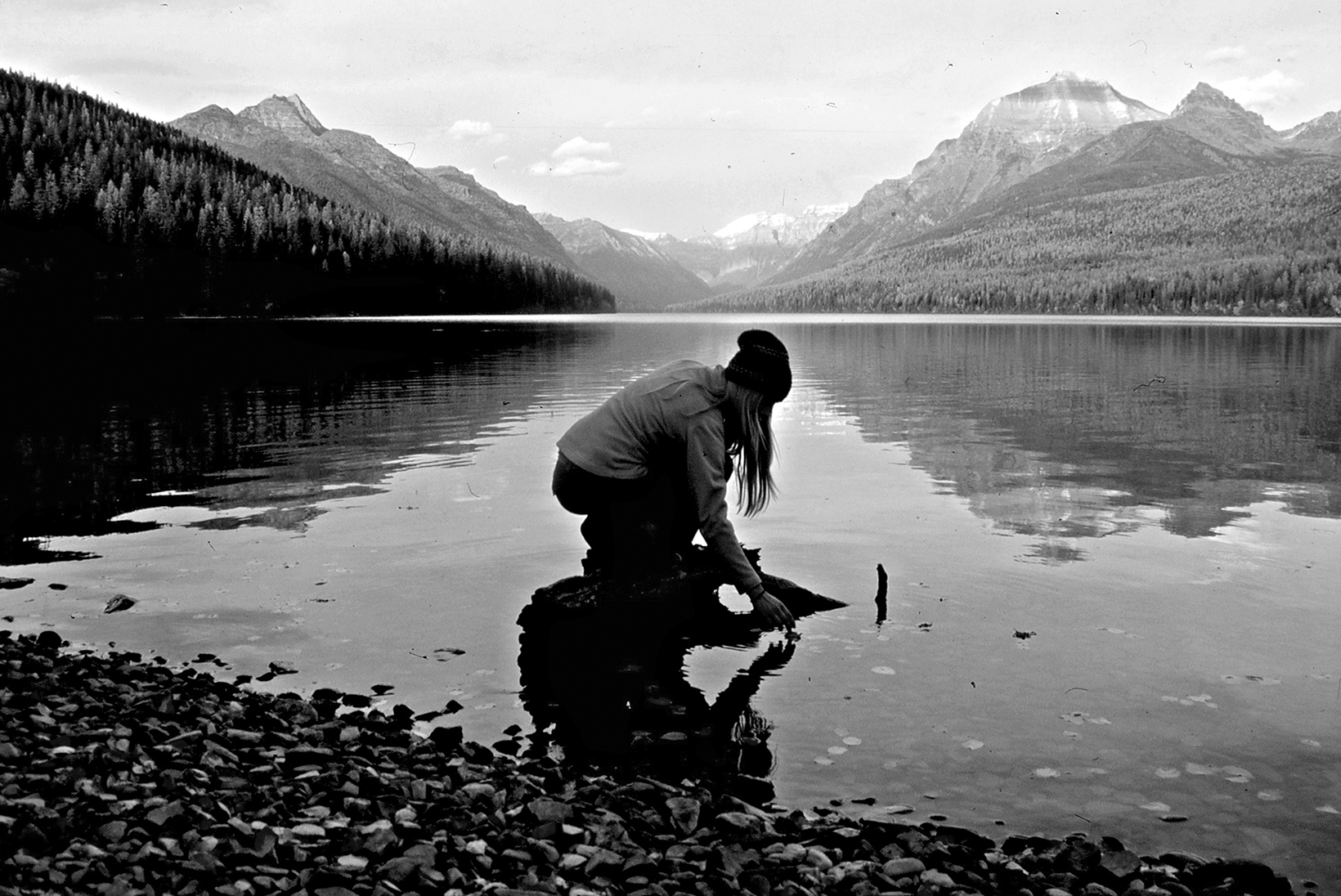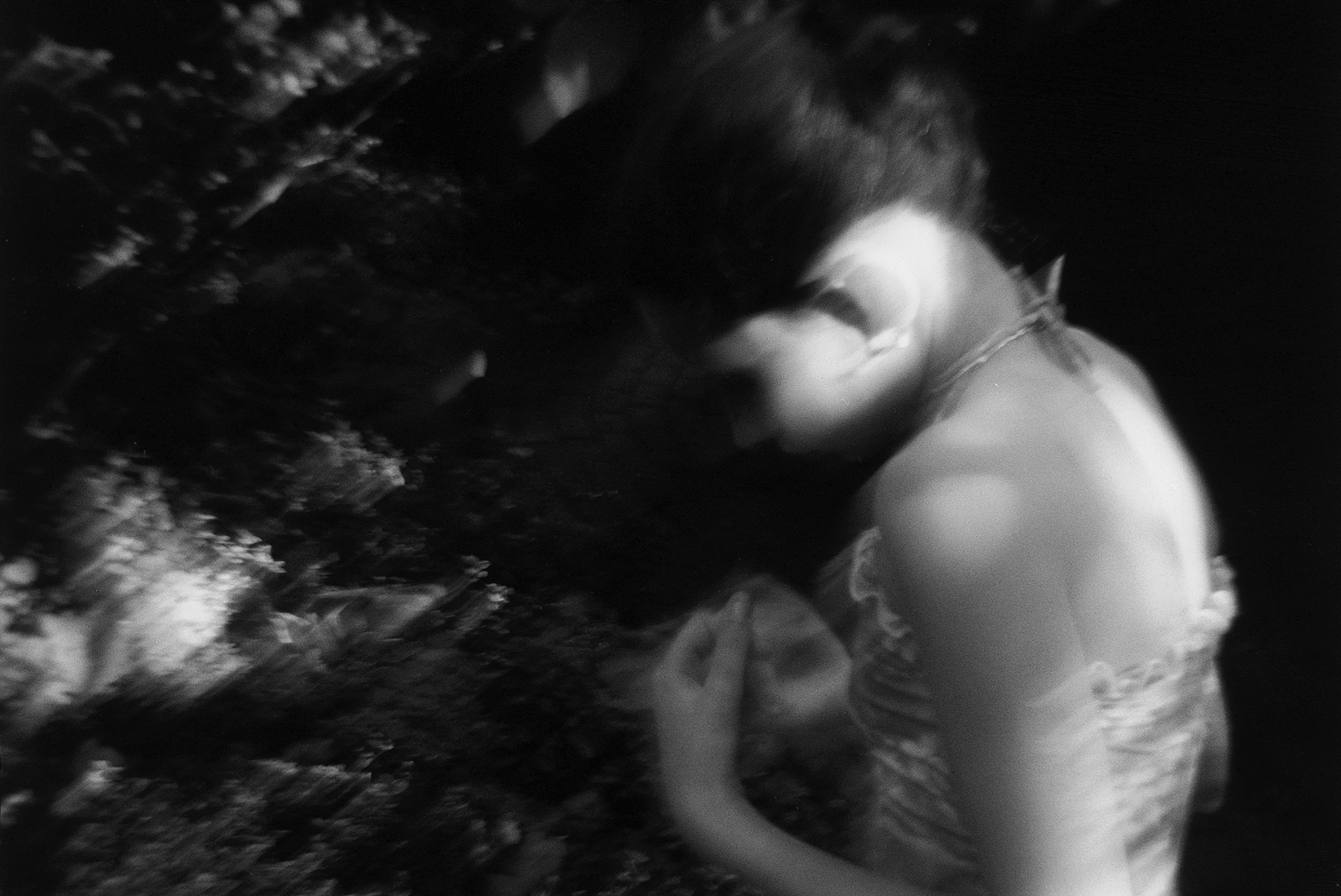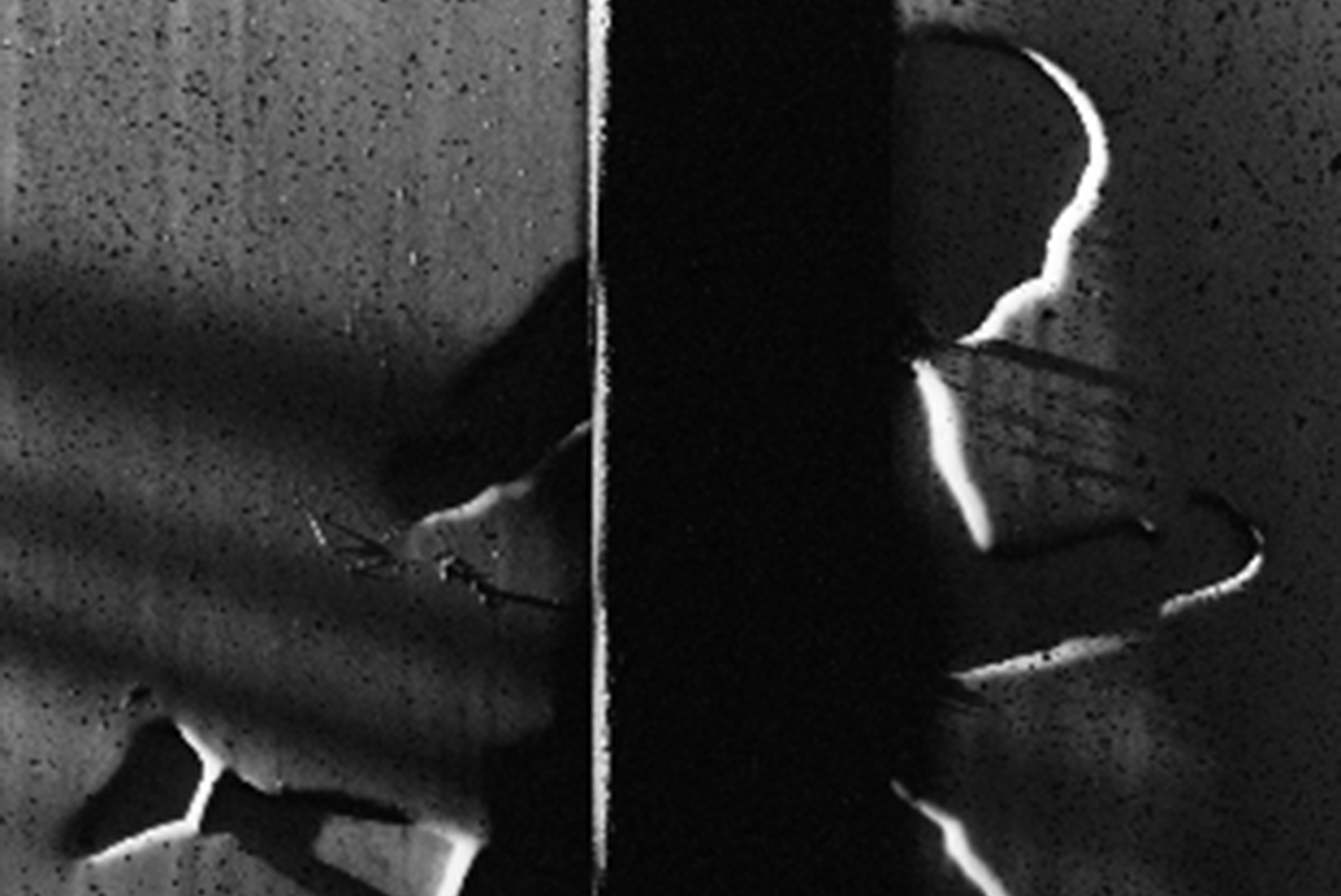Featured Selections
From the Archives
Dangerous Love
Reverend Lynice Pinkard On The Revolutionary Act Of Living The Gospels
For me, churches exist only to serve people and planet. The church is not an empire, a way for leaders to build monuments to themselves, for congregants to take pride in the curb appeal that a lovely edifice affords. The church is not a building. The church is an extension of Christ — literally Christ’s body — and an alternative to the militaristic, consumerist, alienated way of life that has become the norm.
October 2014By Fire And Water
An Interview With Michael Meade
All this violence is a fire screaming for the water of human attention. I don’t think we’re going to be able to keep going unless we deal with it. To me the two big events of the last two years are the fires in L.A. and the flooding of the Mississippi River. I think they are strangely related.
January 1994The Grace Of Great Things
Reclaiming The Sacred In Knowing, Teaching, And Learning
Community goes far beyond our face-to-face relationship with each other as human beings. In education especially, community connects us with what Rilke called “the grace of great things.” We are, in reality, in community with the genes and ecosystems of biology, the great questions of philosophy and theology, the archetypes of literature, the artifacts of anthropology, the materials of engineering, the logic of systems and management, the shapes and colors of art, the patterns of history, the elusive idea of justice under the law — we are in community with all these great things. Great teaching is about knowing and feeling that community, and then drawing your students into it.
September 1998Inventing Wyoming
Everything we take from the earth, every drop of rain and every blade of grass, every bit of flower and fruit, the sinew and muscle of the animals we kill, we borrow these things for a brief time and we will pay them back. The records are kept from the beginning of time.
July 1990Not On Any Map
Jack Turner On Our Lost Intimacy With The Natural World
One of my essays starts: “My cabin is located next to a stream that runs through a meadow, but it is not on any map.” It’s not on a map because the places I’ve lived and loved are labeled with my own names: Where Rio chases her stick. Rio’s favorite pool. Where Rio ran into the bear. It’s a private mapping, a personal geography projected onto the land. It requires a long time living in one place and studying its plants and animals. If you follow them and their lives, you gain a deeper sense of home.
August 2014Nature-Deficit Disorder?
Richard Louv Asks Whether We’re Raising Our Children Under House Arrest
So though our fears and restrictions arise from the best intentions, we have to ask what effect they are having on the health of children, and on the earth itself. Environmentalists and conservationists, almost to a person, had some transcendent experience in nature when they were kids. If we take that opportunity away from today’s kids, who will be the future stewards of the earth?
February 2007Down The Garden Path
How Ten Thousand Years Of Agriculture Has Failed Us — An Interview With Daniel Quinn
Famine doesn’t occur among hunter-gatherers, because they don’t sit there and starve: they go wherever the food is, as all animals do. One reason why famine and agriculture are connected is that, when crops fail, practitioners of totalitarian agriculture stay put and starve, because there isn’t anywhere else for them to go. If you look at famines throughout history, you’ll find that almost every one is connected to crop failure.
December 1997Uniting The Opposites
An Interview With M.C. Richards
I think that as we become more creative, we move toward a concern with social justice and compassion. That’s the natural movement. We come, maybe through times of loneliness, toward experiencing the reality of another person. As we create, you might say, we are created. We move toward a deepened awareness of reality. Outwardly, we move toward social justice; inwardly we move toward compassion.
March 1989Down To Business
Paul Hawken On Reshaping The Economy
I don’t believe you can train anybody, especially people in business. You can only present and embody ideas. I try to help people understand the idea that valuing and conserving our stock of natural capital can lead to astonishing breakthroughs in processes, products, and design. Again, people move toward possibility. Once they see that we can actually improve the quality of life for everyone on earth by using radically less “life,” they get excited.
April 2002Thinking Outside The Classroom
An Interview With Zenobia Barlow
Many children who weren’t excelling in the classroom have suddenly become academic superstars, because they have aptitudes — kinesthetic, spatial, musical, interpersonal — that tend to emerge more successfully outside the classroom. When you give kids rich and varied contexts, they rise to a level of excellence you might not have anticipated.
March 2002


